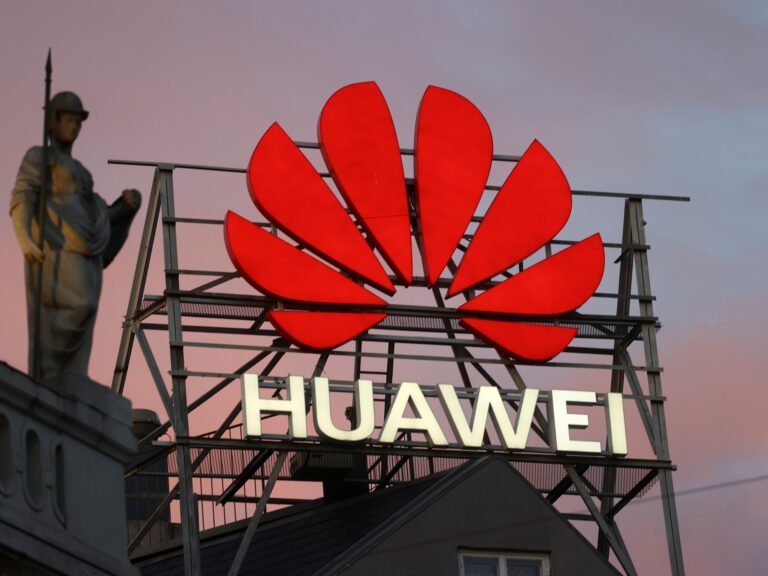The move comes after the launch of AI-powered laptops drew criticism from Republican lawmakers.
The United States has revoked some licenses that allow companies to ship chips and other goods to sanctioned Chinese telecommunications equipment maker Huawei.
Some businesses were notified on Tuesday that their licenses would be immediately revoked, according to people familiar with the matter.
The move comes after Huawei’s first AI-enabled laptop, the MateBook X Pro, powered by Intel’s new Core Ultra 9 processor, was released last month.
The laptop’s release drew sharp criticism from Republican lawmakers who said it suggested the U.S. Commerce Department had given permission for Intel to sell chips to Huawei.
The Commerce Department said in a statement that it had “revoked certain licenses for exports to Huawei,” but did not specify which licenses had been revoked.
The move, first reported by Reuters, comes after concerted pressure from Republican China hawks in Congress who have called on the Biden administration to take tougher action to stop Huawei. be.
“This measure will strengthen America’s national security, protect American ingenuity, and reduce communist China’s ability to advance technologically,” Republican Rep. Elise Stefanik said in a statement.
Depending on which licenses are revoked, the move could also be a blow to Huawei, which still relies on Intel chips to power its laptops, and could also hurt its U.S. suppliers. There is a possibility of giving.
An Intel spokesperson declined to comment.
Huawei did not respond to requests for comment.
Huawei was added to the U.S. list of trade restrictions in 2019 over concerns it could spy on Americans as part of a broader effort to undermine China’s ability to build up its military. Being added to the list means the company’s suppliers must obtain special licenses, which are difficult to obtain, before shipping.
Still, suppliers to Huawei have obtained billions of dollars worth of licenses to sell Huawei products and technology, including some particularly controversial licenses issued by former President Donald Trump’s administration. It also includes a license that allows Intel to ship central processors to Huawei for use in Huawei’s products and technology. Laptops from 2020 onwards.
Qualcomm has been selling older 4G chips into mobile phones since receiving a license from U.S. authorities in 2020. In a regulatory filing earlier this month, Qualcomm said it does not expect to see any increase in chip revenue from Huawei after this year.
However, Qualcomm still licenses its 5G technology portfolio to Huawei, which last year began using 5G chips designed by its HiSilicon division, which violate U.S. sanctions. Most analysts believe that it was manufactured by Qualcomm said in a filing this month that its patent agreement with Huawei expires in early Qualcomm’s 2025 fiscal year and that it has begun negotiations to renew the agreement.
Qualcomm did not respond to requests for comment.
Critics say these licenses have contributed to the company’s resurgence. Last August, Huawei shocked the industry by announcing a new mobile phone equipped with a high-performance chip from Chinese chipmaker SMIC, despite U.S. export restrictions on both companies.
The phone helped Huawei’s smartphone sales increase 64% year-on-year in the first six weeks of 2024, according to research firm Counterpoint. The company’s smart car parts business has also contributed to Huawei’s resurgence, with the company posting its highest revenue growth in four years in 2023.

